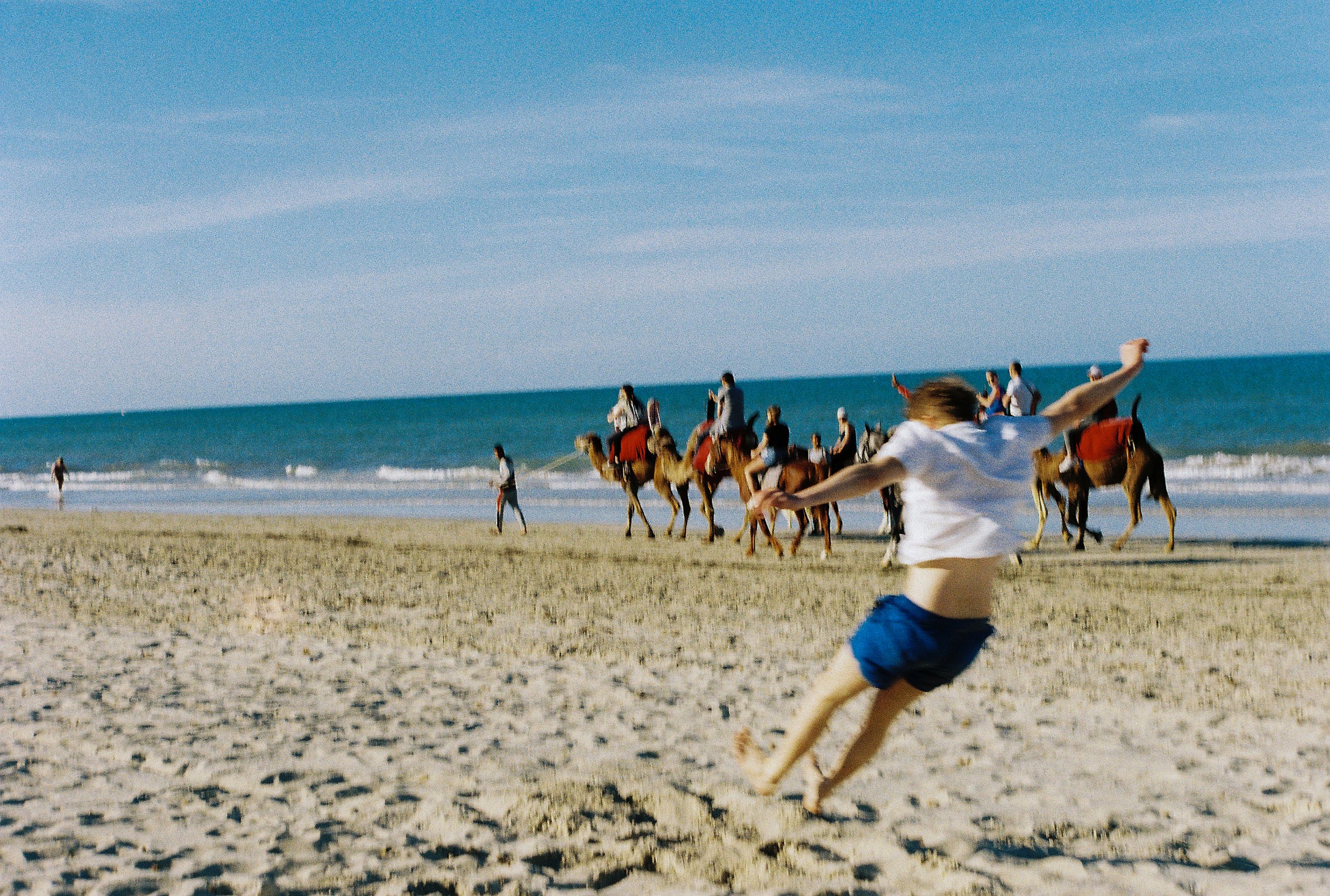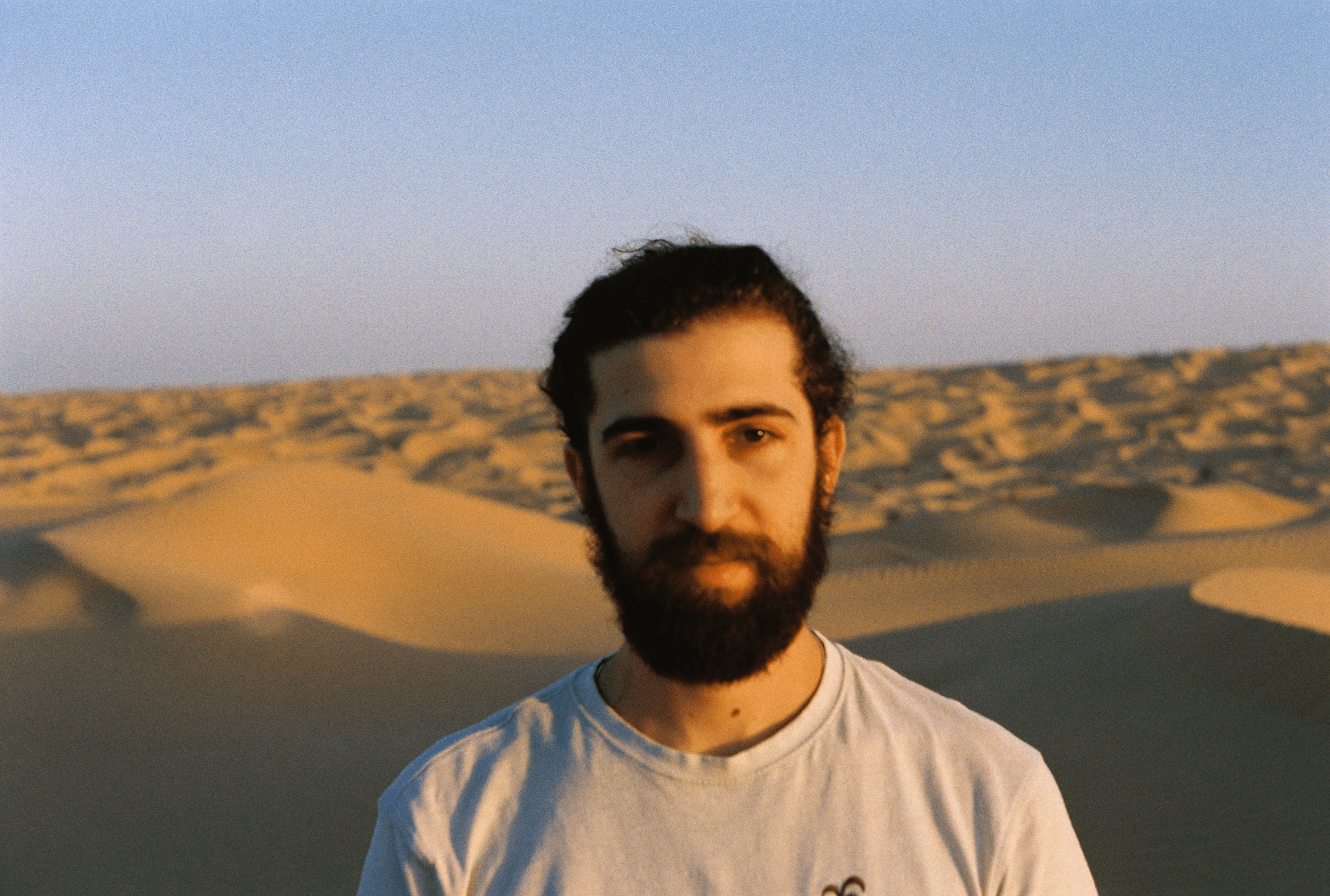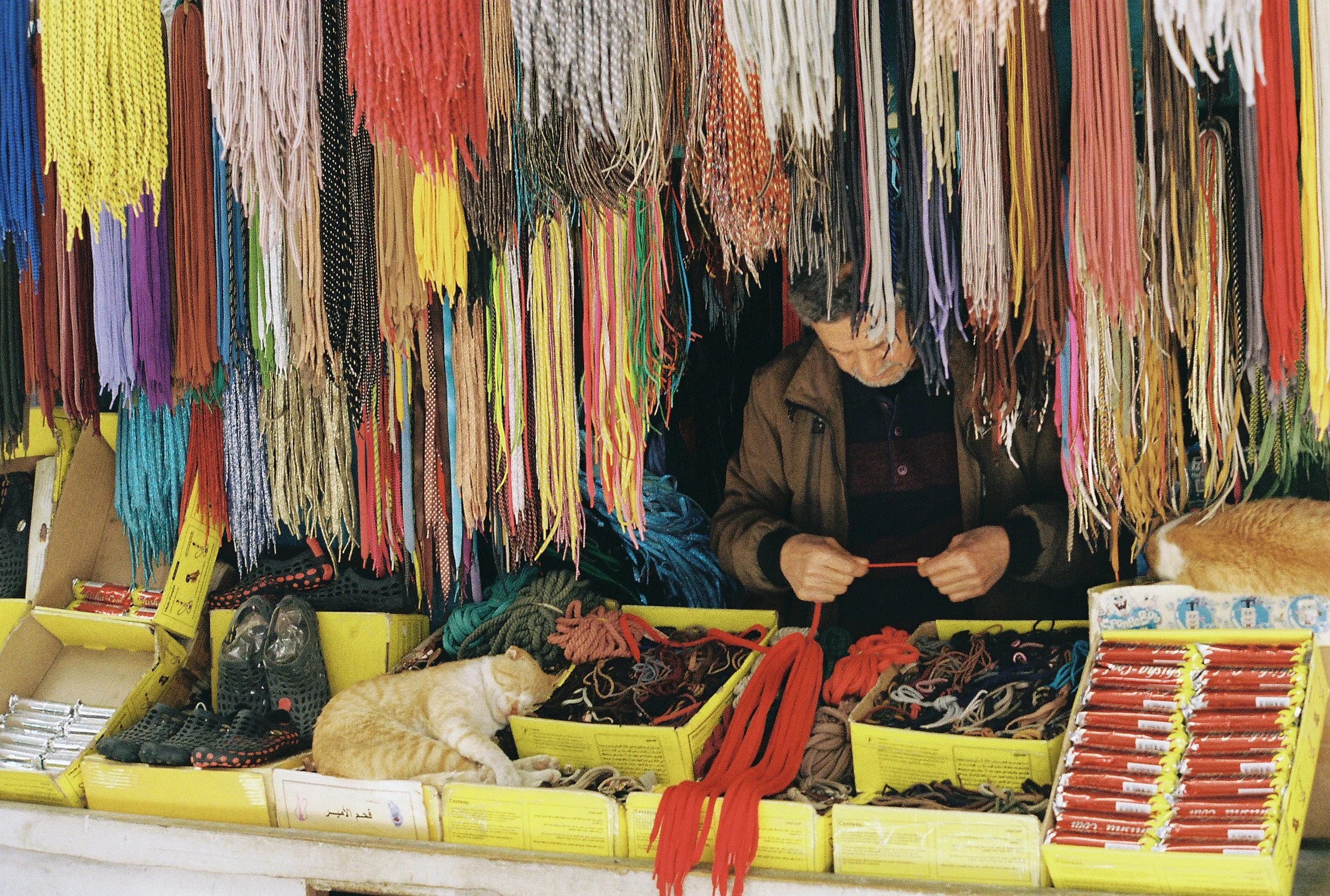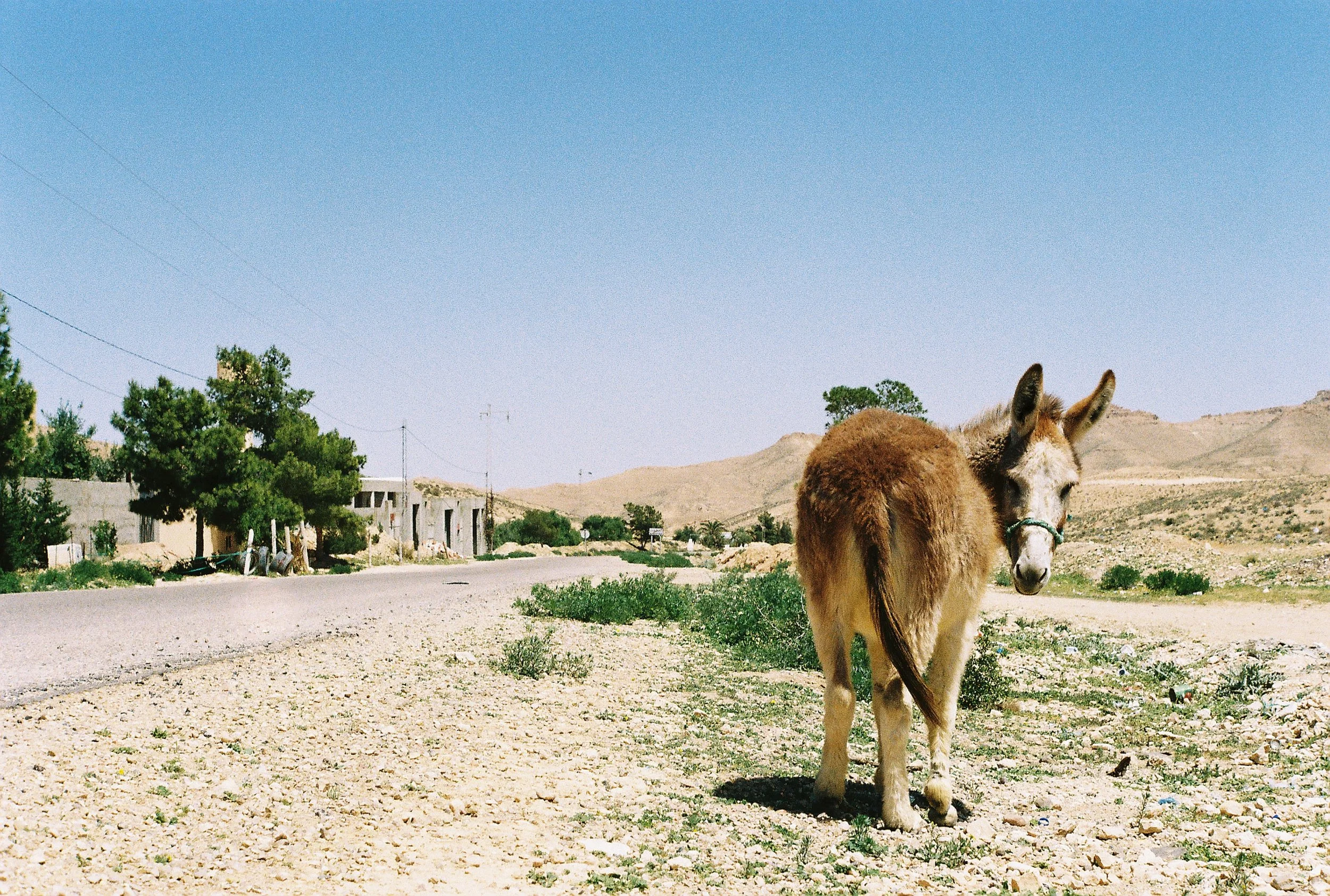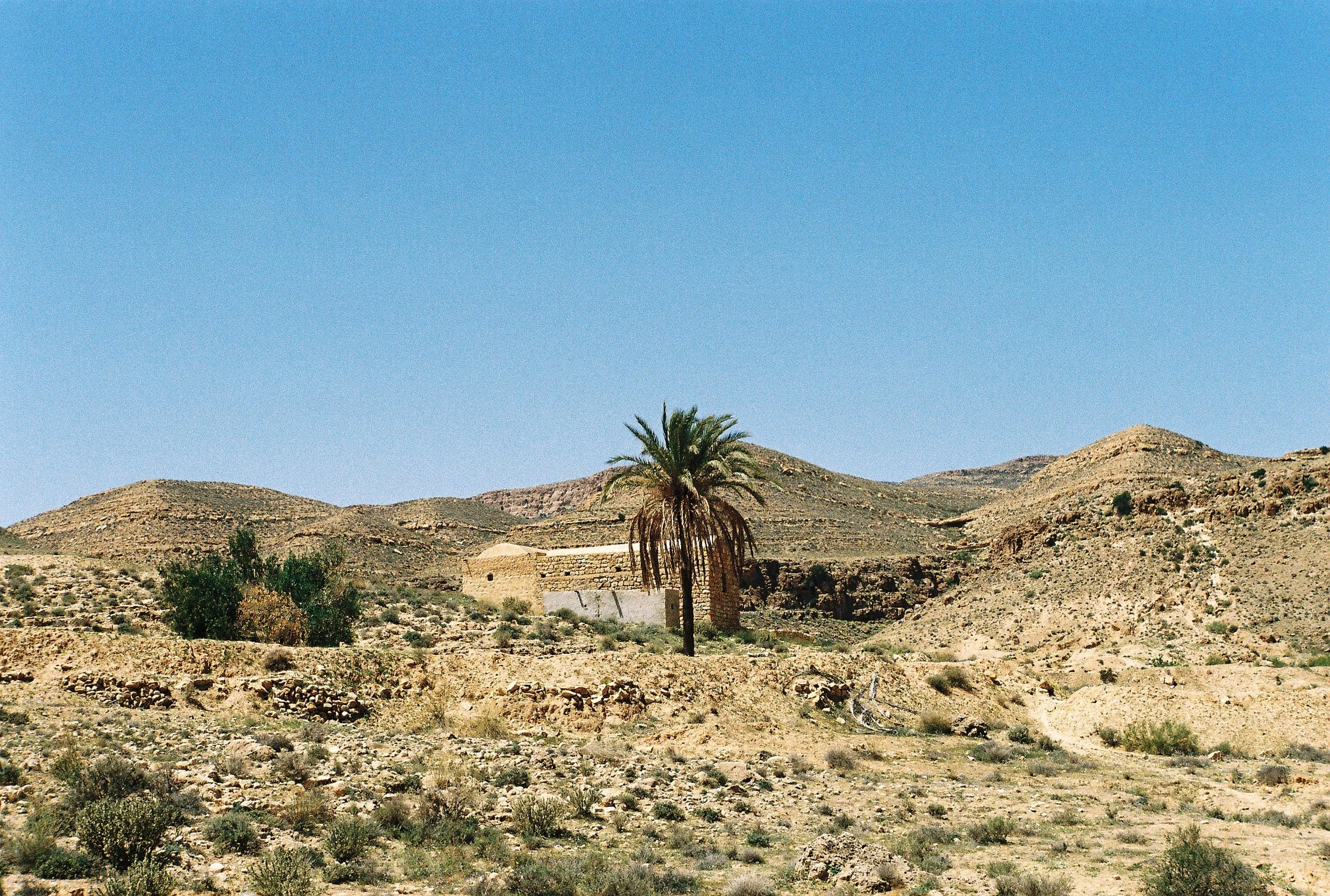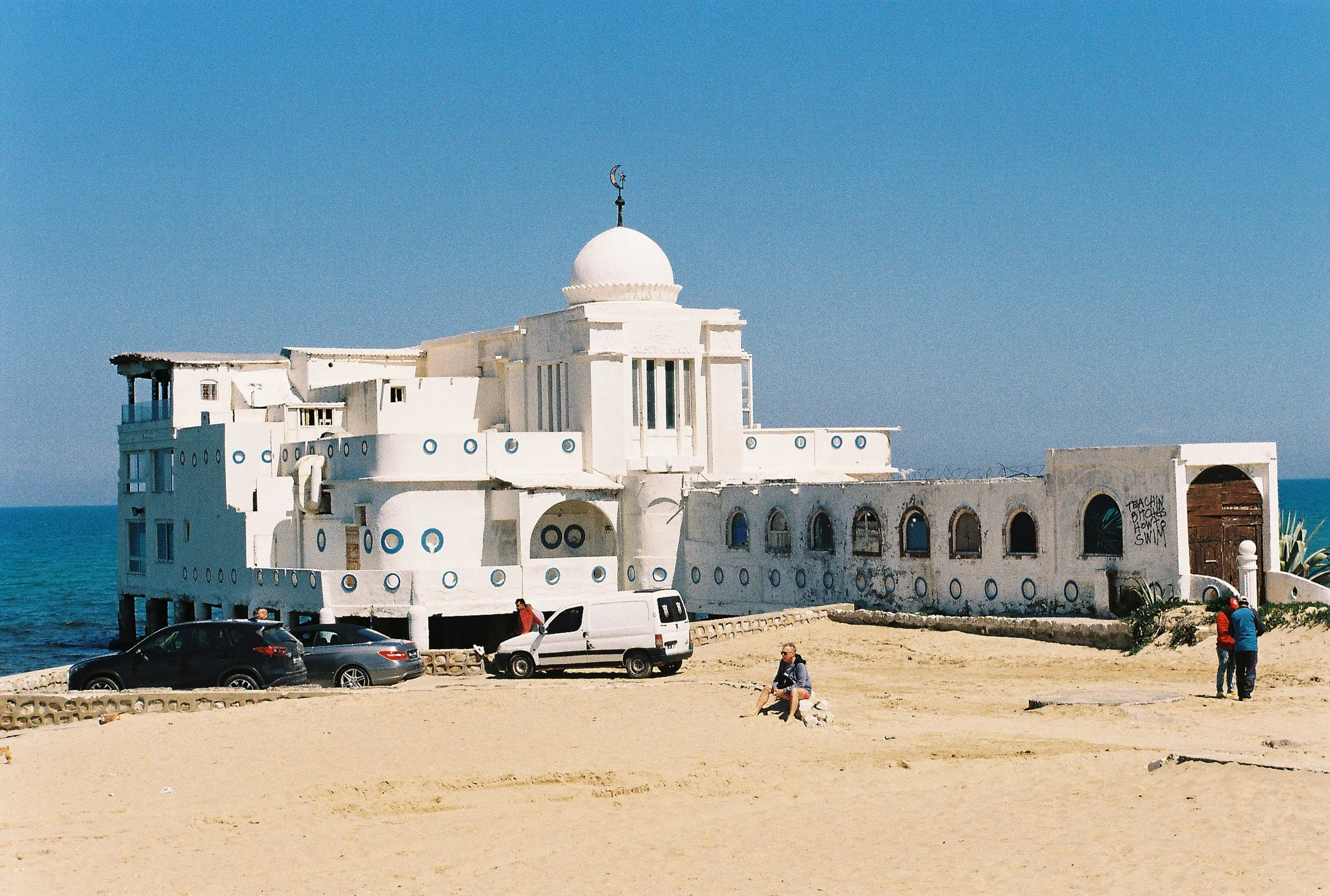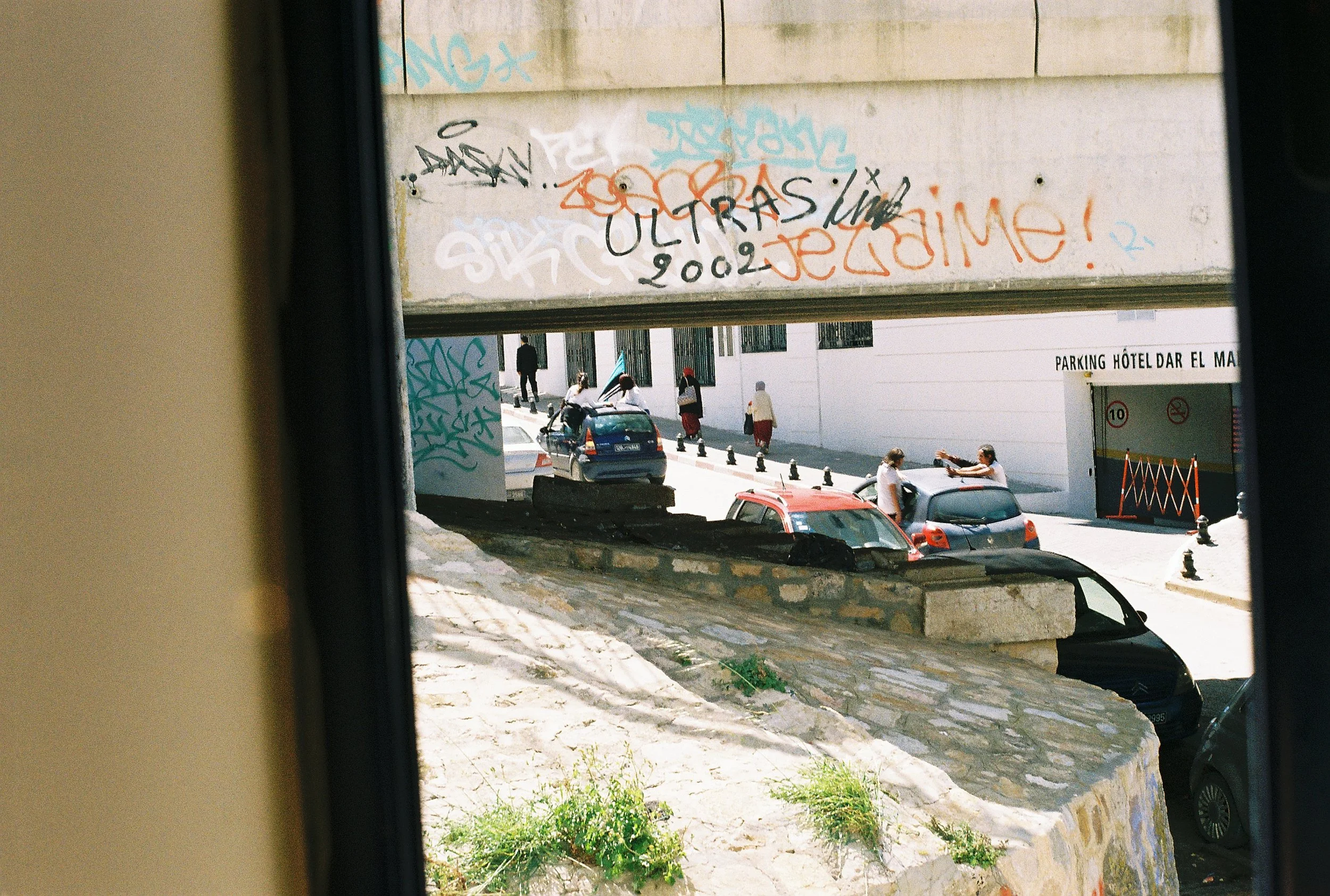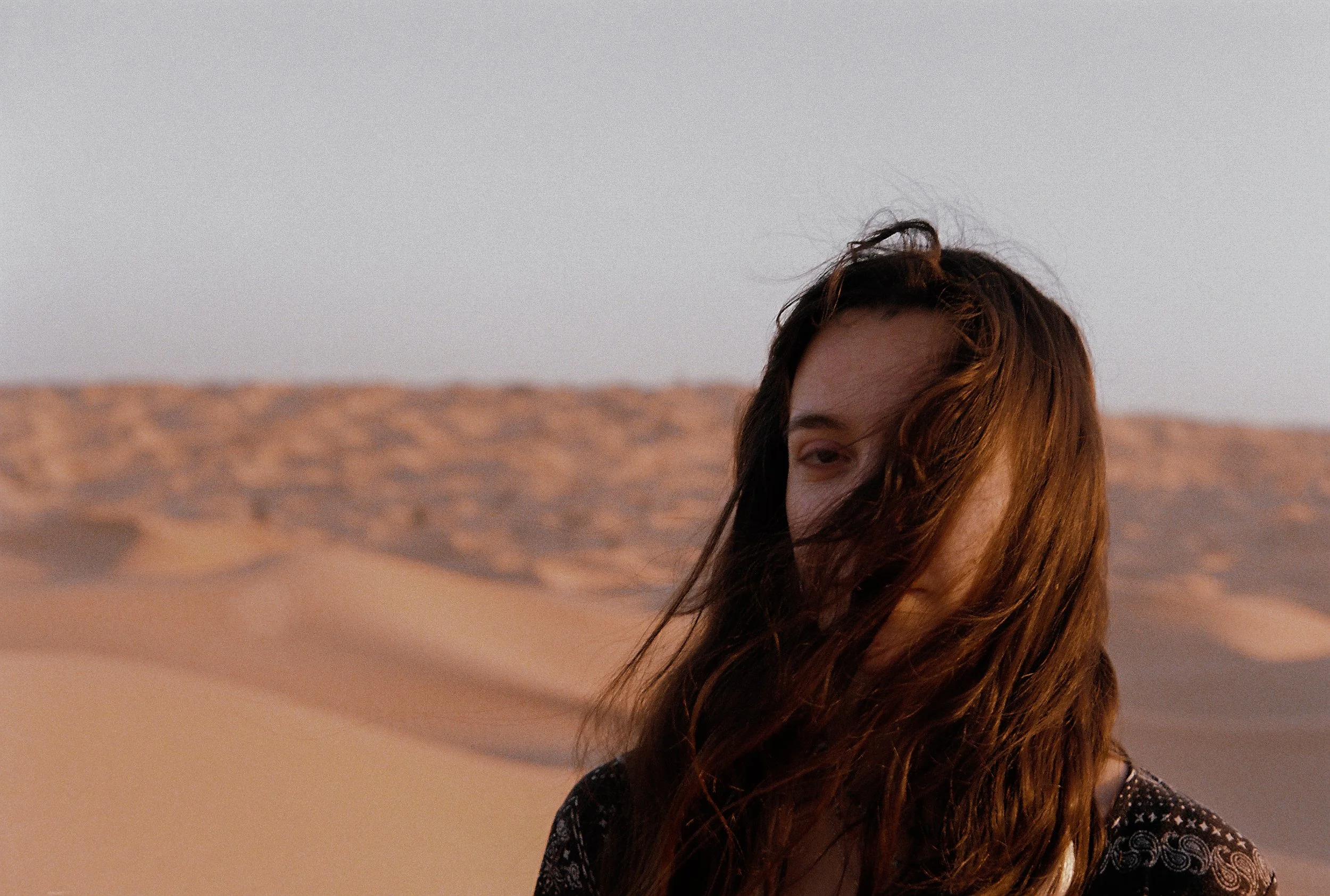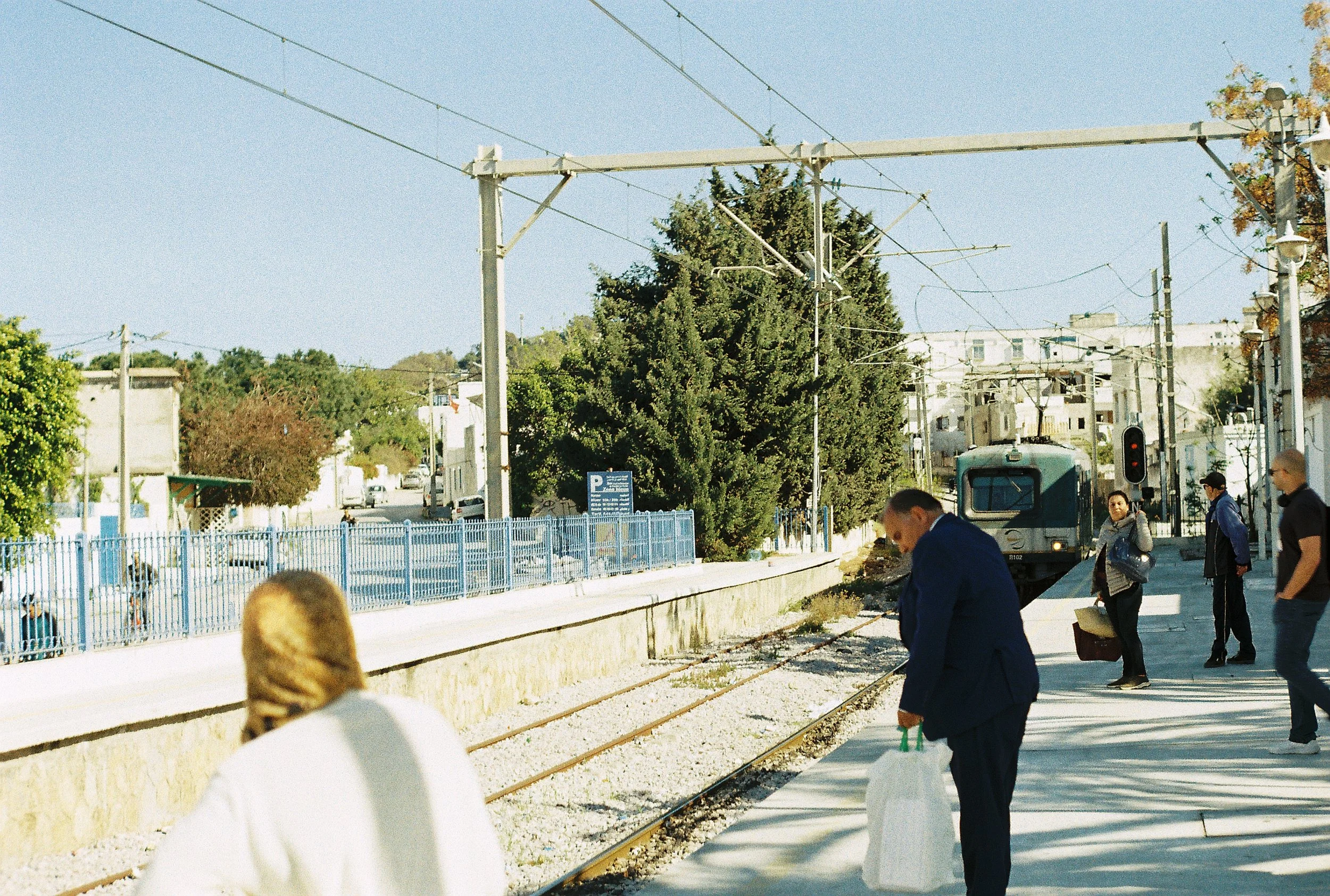Tunisian Roots
Belgian/Tunisian has long been my answer to the question of my origins.
But having grown up in Belgium for most of my life, with Arab family and culture far off and away, I never felt confidently Tunisian. I always knew that my ignorance of the Arabic language, by itself, was a gigantic chasm that kept me from my other half. After all, as the philosopher Emil Cioran so keenly observed, “It is no nation that we inhabit, but a language”.
Tunisia has always been close to home in a way. Living with my mother, who is half-Tunisian, I was entrenched in Belgian culture as she struggled to find connection with her own roots. It wasn’t until late adolescence that I would begin to appear more Tunisian, bringing questions of identity much closer to home.
Film has this strange power to bring a certain intimacy to photography, which digital mediums often struggle to match. The light translates colours with ease, affection, and depth. It paralleled the difficult kinship I felt towards my country of origin. How the two threads ran alongside each other so seamlessly in their opposition.
In 2023, following in the philosophical footsteps of Joseph Jacotot and Jacques Rancière, I sought to be an ignorant master and lead my closest friends through Tunisia. I wished to learn as they did. Equipped with a Ricoh KR-5, this study pursued a bridging of the gap felt between self and identity. Eventually, by revisiting the country through the lens of film photography and with the aim of revealing its innermost virtues, I hoped to close the chasm.

